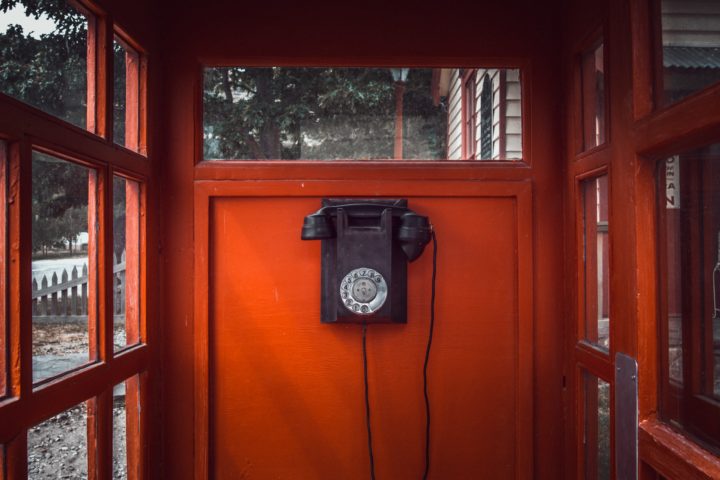Sally Field will never live down that speech at the 1985 Academy Awards when she won Best Actress and pronounced, “I can’t deny the fact that you like me, right now, you like me.” It’s got to be one of the most cringe-worthy moments in television history.
Honestly, though, part of the reason we all felt so uncomfortable during her speech was that she was giving voice to our shadow selves who cling to the desire that everyone will like us. And as artists, we extend that to the hope that everyone will like our work. (Or at least, those who are in a position to hand out awards.)
It was her word choice that bothered us most. “You like me,” she said. Had she declared, “I can’t deny the fact that you liked my performance,” we might have felt more solidarity with her. It gets confusing sometimes, separating our work from ourselves. After all, when you put a song or a poem or a dance out in the world, you put a piece of yourself out there too. It’s hard not to take it personally when someone criticizes your creation.
Seth Godin recently touched on this in his popular blog. He said we must learn to distinguish between “I don’t like your work” and “I don’t like you.”
“There is plenty of disliked work from people (and things) where I don’t even know the creator.” Seth writes. “I don’t like Wagner’s operas, and I never even met him. If it’s possible to dislike something without knowing the person behind it, I hope we can embrace the fact that they’re unrelated.”
Well, sure, when you put it that way, it makes all kinds of sense. It sounds so easy. So why do we still struggle?
I recently found out a writer to whom I once offered critique told someone else, “I’ll be forever grateful to Teresa because she made me so mad when she criticized my work. She made me a better writer.”
I cringed a little when I heard that. I hated to think I’d made someone upset. But the fact is, members of my writers group made me cry plenty of times. In the beginning, I took it personally. But over time, I came to trust (that’s the key word) it wasn’t about me. It was about the work and how to make it better. And once I separated the two, I could hear the criticism only as a means to improve the writing.
I’ll confess it’s harder today to separate our work from ourselves. Social media and comments on the internet have confused the matter. When someone says, “Well, if she wasn’t so fat in real life, maybe she wouldn’t feel compelled to always write about perfect women,” that sounds pretty darn personal. But that’s just haters having their moment, it’s not genuine critique of your work.
It is, then, possible for someone to hate you who has never met you and to extend that onto your work, but that’s not true critique. To which Seth says, “If we need everyone to like our work in order to feel grounded, it means we’ll sacrifice the best of what we could create in order to dumb it down for whatever masses happen to be speaking up . . . . thus eliminating any magic we hoped to create.” In other words, do we really care about the opinions of people who have nothing better to do than look for opportunities to be cruel when we could be creating magic instead?
Here’s the only speech I hope we all find time this week to deliver. I hope we step back and look at something we created out of love for our art and for ourselves and say, “I can’t deny the fact that I like it, right now, I really like it.” Because, first and last, yours is the only opinion that really matters, because you are the one doing the hard work.
If you like this post, please share


